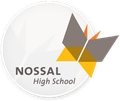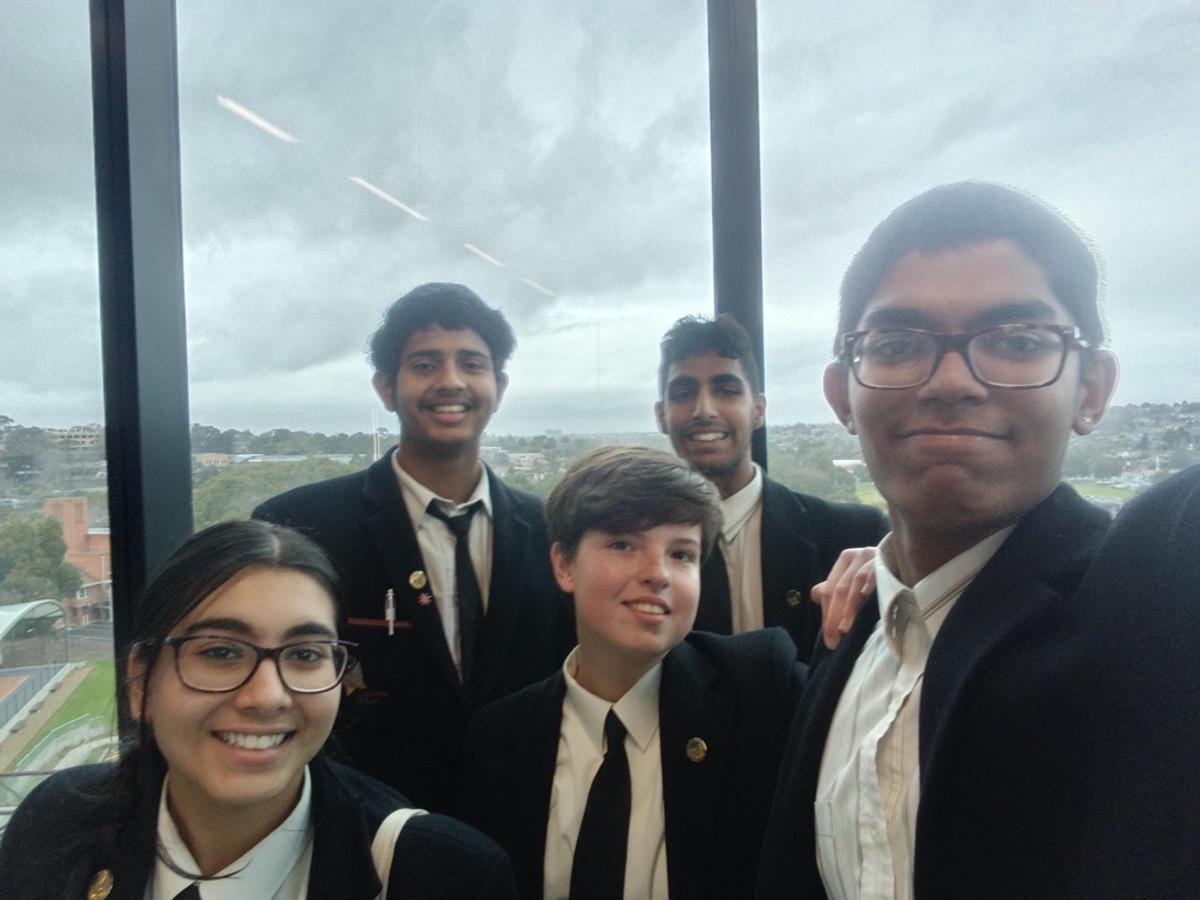English News

Deakin Law School High School Debate
On the last Sunday of June, five Nossal High School representatives attended the 2022 Deakin Law School High School Debate competition. To celebrate the 30th anniversary of the Deakin Law School, they partnered with the Debaters Association of Victoria to present a on-day round-robin debate between private and public high schools around Melbourne. The five Nossal High School representatives were Farhan, Jaskabeer, Kevin, Lina, and I. We were given four debate topics – first, that Australian judges should be elected by the public, for which we were affirmative; second, that we prefer a world in which judges do not rely on the doctrine of precedent when making decisions, for which we were also affirmative; third, that criminal sentencing should focus more on rehabilitation than punishment, for which we were negative; and the fourth, which was the final round and the winning schools would participate in, that we support the use of judicial activism to uphold and protect human rights. Our group had decided to split us five into our favoured debates – for the first, however, our round was cancelled. The second, Kevin, Lina and I were to debate; and the third, Farhan, Jaskabeer and Lina. Evidently, all debates related to law. Albeit only two students out of our group study Legal Studies at school, we met up during our study periods and free time to effectively prepare our debates so we could have a sound understanding of the topics and strong articulation when we were to speak on the actual day. We took public transport to meet together at the Burwood campus of Deakin University. When we reached the building, and looked at the roster for the day, we found out that we were, in fact, debating for the first round! Lina, Farhan and I had around an hour to prepare for it as a part of the negative team, and Jaskabeer and Kevin helped us to find information. As we frantically finalised our first debate’s preparation, we were told that both Nossal High School, as well as the school we were competing against, Bialik College, were ‘winners,’ since we were somewhat at a competitive disadvantage. Personally, I would give commendation to Lina, since they had a powerful, influential, and professional tone as they started us off as the first speaker of the negative team. Lina gave an impressing rebuttal, touching on contemporary examples and quotations that supported our group’s intention.For our second round, we were more prepared – Kevin, Lina and I, excitingly, won the debate! Props to Kevin, who, with an authoritative tone, defined our model clearly, and gave reasons as to why we preferred a society where stare decisis, or the doctrine of precedent, was not utilised. We competed against Star of the Sea College, out of whom the third speaker was awarded best speaker. For our third round, however, we lost this debate to St Catherine’s School by one point. It was quite amusing to see how briskly and dominating the speakers of St Catherine’s School were, as compared to Nossal’s appealing, calm, yet just as persuasive, tone. For this debate, I was impressed with Jaskabeer’s points and his articulation of his speech, which focused on the pros of punishment, and the cons of rehabilitation. Jaskabeer’s rebuttal focused on redefining the opposition’s model – that rehabilitative justice does not refer to justice in itself, but rather, the wellbeing and improvement for life – which went against our group’s model. Finally, I would like to give a really big thank you to Mr Bird, who organised this event for us and made sure our day went smoothly and successful – and who also encouraged members of our school’s DAV debating team to participate in this event. Mr Bird told our group that as Year 11s, we should focus more about the experience and ways that we can improve future opportunities in debating, public speaking, and beyond. I am also grateful for the members of the team, who helped make the day a wonderful memory to reminisce of.
Jashan Suran
Year 11

